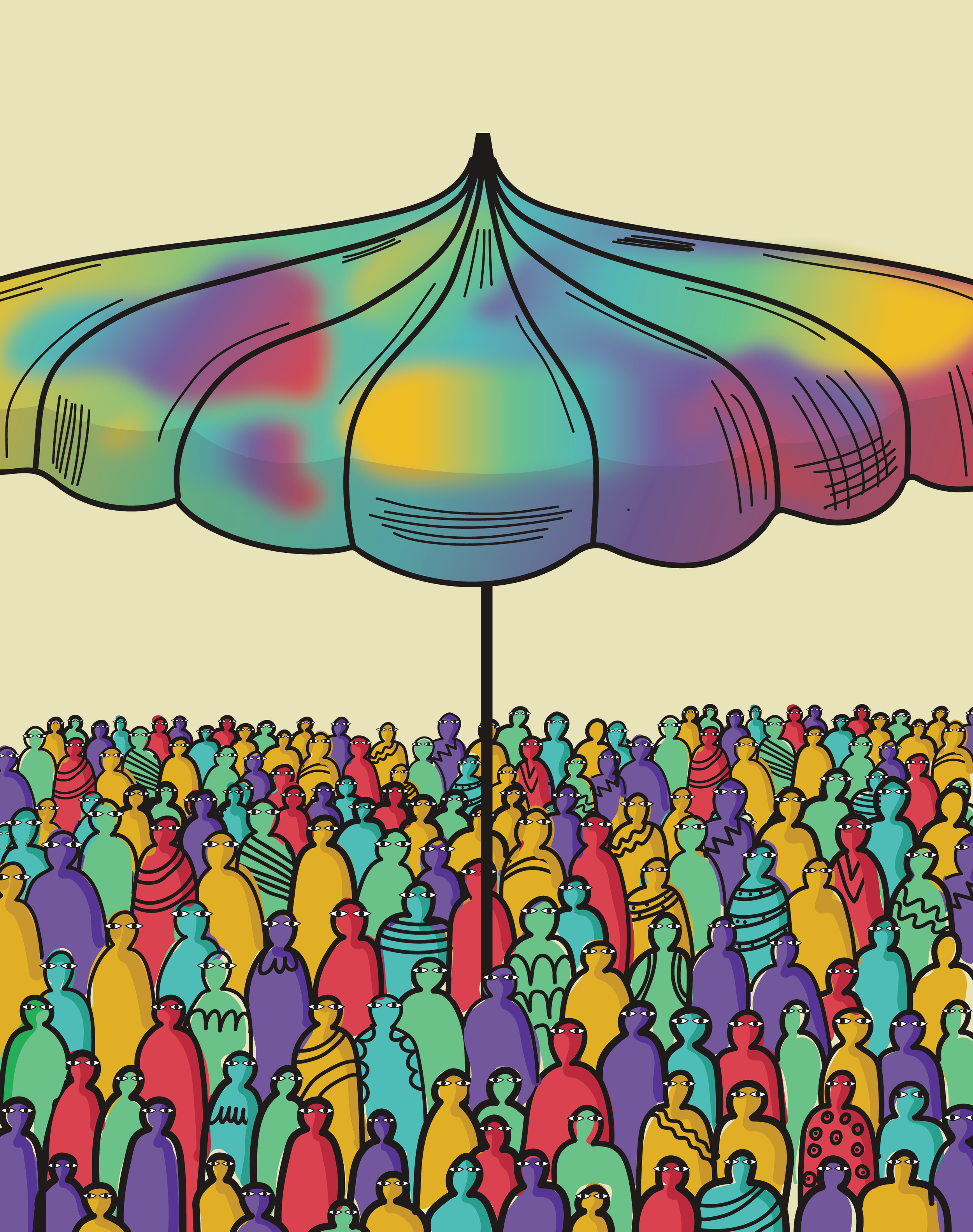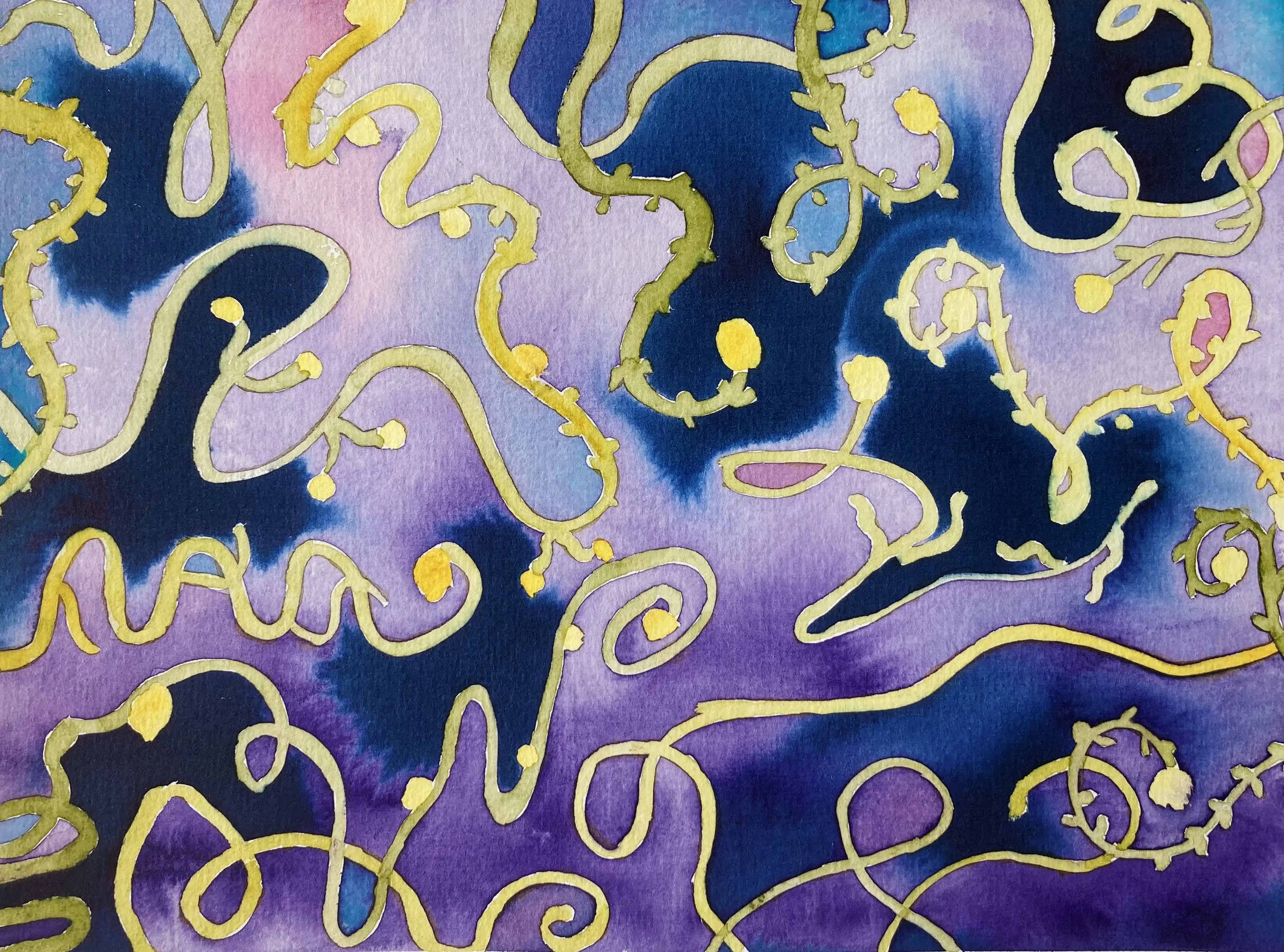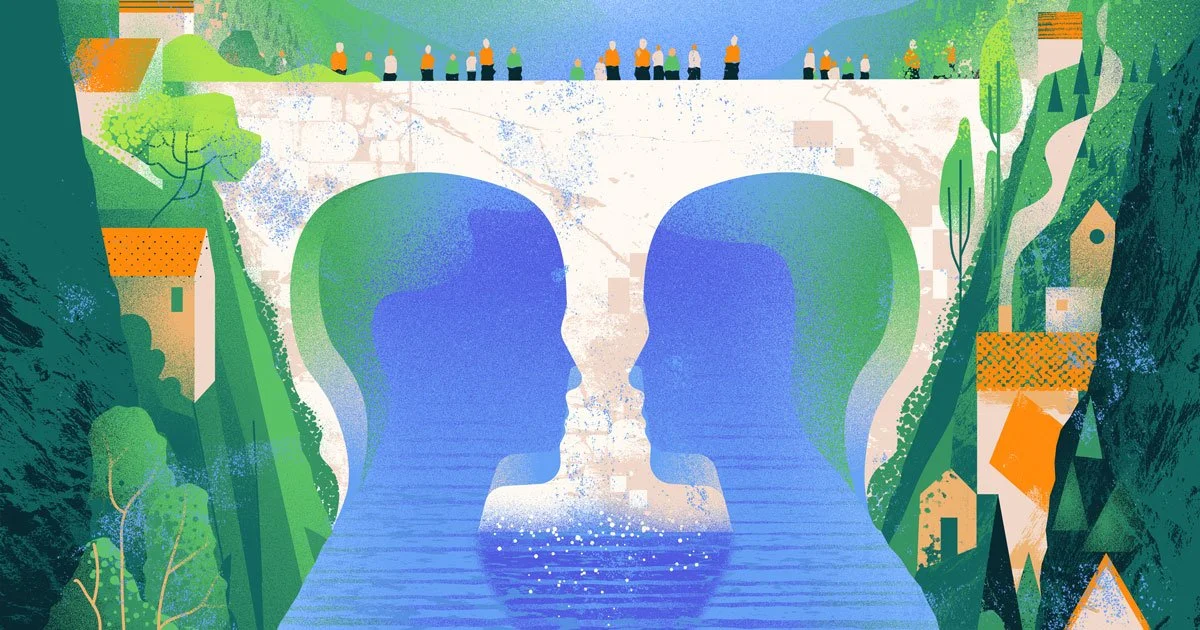Paper Series: Bridging in Practice
This paper series explores how communities across Europe and North America are responding to the rise of authoritarian populism and the erosion of democratic norms. While many governments restrict freedoms and normalize exclusion, practitioners featured here are advancing practices of bridging and belonging that resist division. From citizens’ assemblies to dialogue formats, grassroots movements, and cross-sector collaborations, these contributions highlight both bold experiments and hard-earned lessons. The series acknowledges contradictions and failures alongside successes, recognizing that building inclusive democracies requires humility, creativity, and persistence. At its core, it offers a vision of pluralistic action—where belonging without othering becomes not just an aspiration, but a practice worth fighting for.
To learn more about the series, see the editors’ introduction: Introducing Bridging in Practice: Initiatives that Counter Authoritarian Populism and Build Democracies Rooted in Belonging.
Credits:
This paper series was managed and edited by:
Míriam Juan-Torres, Managing Editor
Yvette Tetteh, Managing Editor

Facilitating a big tent: Critical Connections for Pro-Democracy Organizing
‘Big tent’ is a metaphor for a container wide enough for community organizers and issue-area advocates; institutional reformers; bridge-builders and dialogue practitioners; faith leaders; veterans and military families; business executives; labor unions; professional associations; artists and cultural workers; youth leaders; and much more. A formation that can hold progressives, moderates, conservatives disillusioned by authoritarian drift, and people who may not see themselves as “activists” but care deeply about their communities.

Regularización Ya!, a fearless migrant-led movement driving policy change in Spain
In 2020, amid the global pandemic, the antiracist, self-organized Regularización Ya! movement emerged across Spain. Embracing a participatory, assembly-based approach, and brought together through large online calls for action, the movement demanded that the Spanish government secure rights for over 500,000 migrants who continue to lack residency status. Without the security of residency, they face systemic inequality, discrimination, and violence—even public healthcare is inaccessible.

Radical inclusion as an antidote to othering- Fryshuset’s methods for making youth feel like they belong
Focusing on reaching those who feel like they do not belong in mainstream society, Fryshuset’s approach is that of radical inclusion—where every person is granted a second chance. Engaging those who are often seen as the problem, such as young people drawn into criminal gangs or radicalized movements, the organization aims to bolster young people’s hope for the future by providing every individual with the conditions to feel seen, loved, and included in society. Fryshuset trusts that all youth, provided with the right support and skills, will go on to lead positive change in their own lives and in society.

A Different Kind of Power: How Authentic Relational Conversations Lay the Groundwork for Democratic Renewal
Authentic Relational Conversations are not only designed to extend understanding and empathy as an attempt to support the depolarization of our conversation partners, but of ourselves as well. In a political and cultural climate shaped by architects of resentment who have successfully turned political opponents into dangerous enemies, engaging in dialogue with people we might have previously considered to be villains is a powerful step back from our own fear-based worldview.

Facilitating Dialogue in the Shadow of War: Reflections from Russia’s Worldwork Forums
Open Forums emerged—not as solutions, but as experiments. As a response to a society that had become speechless. These forums weren’t designed to persuade or convert—that no longer felt possible—but to create space: for tension, contradiction, grief, and complexity. For something to be spoken and heard. In the time when political agency felt out of reach, perhaps the act of honest, vulnerable speech and listening could itself become a form of civic resistance. Perhaps, I hoped, a society that remembers how to speak across differences might one day remember how to act.

NoBorderSpace Project: Bridging across legacies of conflict and politics of division
Conflict invariably arises between certain identities (most often political or national), and it is only by deconstructing them and disidentifying from rigid ideologies that individuals can encounter each other as complex human beings, rather than only as representatives of groups, beliefs, or agendas. It is our belief that making visible and audible as much diversity as possible helps create the complex, rich fabric of a collective we.

Bridging Divides Through Deliberation
As they deliberate, they learn the skills of deep listening and respectful exchange. As they work through disagreements and tensions, they experience the possibility of constructive and inclusive solutions to shared problems. As they awaken the sense of agency in themselves—and feel it communally with others—their sense of hopelessness and anxiety about the future reduces.

Bridging Political Divides Through Democratic Dialogue: The »Speaking & Listening« Approach in Germany
It is important to oppose authoritarian populism with fact-checking and critique, but we believe it is also crucial to pursue a positive, alternative vision. For us, this vision is an embodiment of democratic values, best expressed by the narrative: “Even when I strongly disagree with your opinion, I still see and accept you as a human being”.

Introducing Bridging in Practice: Initiatives that Counter Authoritarian Populism and Build Democracies Rooted in Belonging
Yet confronted with this difficult atmosphere, many remain undeterred, as the authors in this series prove. Across countries and sectors, many individuals, groups, and organizations, remain steadfast in their commitment to democratic principles; principles that have never been fully realized, but that are nonetheless still worth aspiring to. Belonging without othering is today an aspiration, but one worth fighting for. This dream of a future where everyone has a place and a role, regardless of their identity, requires bridging—leaning into conflict and discomfort—as the authors in this series teach us.
